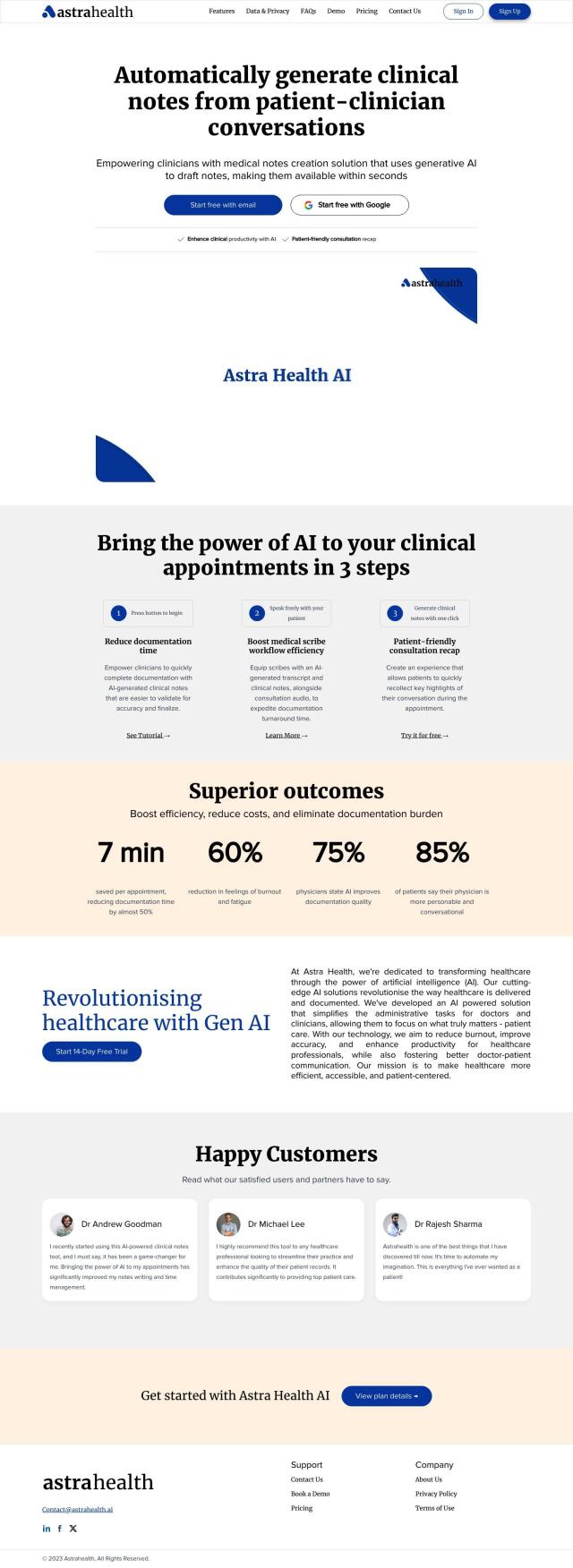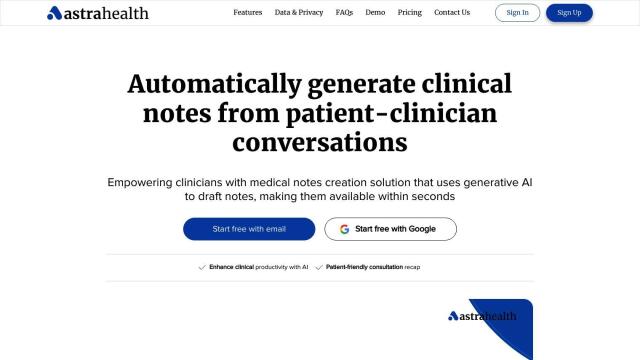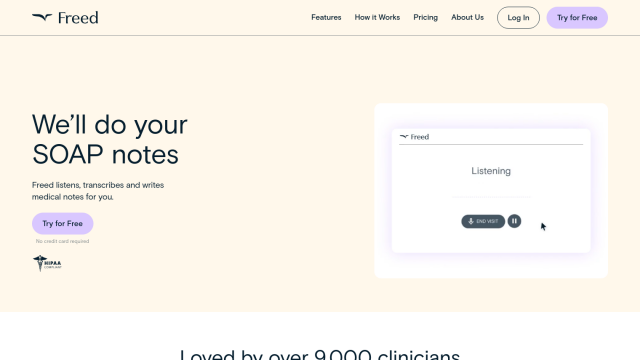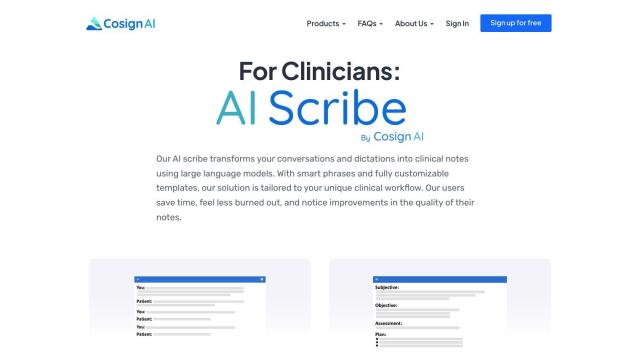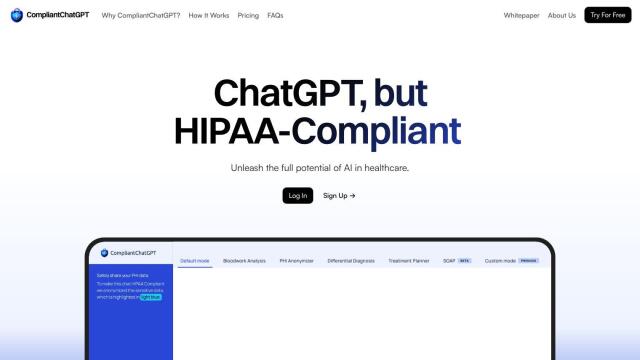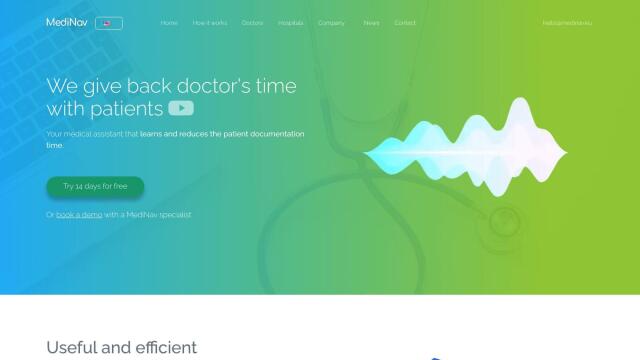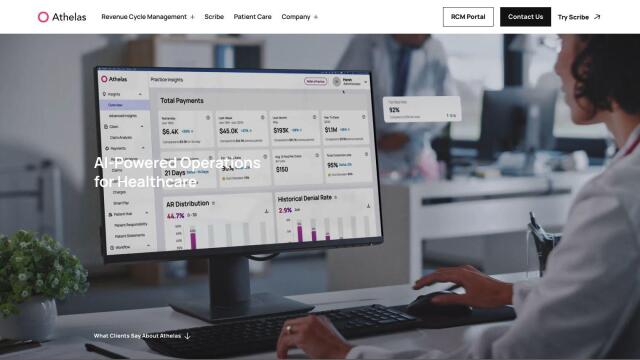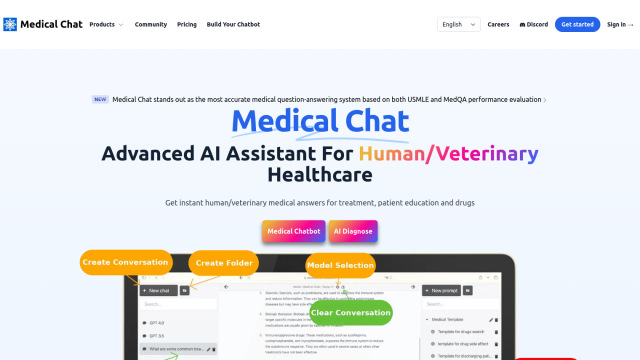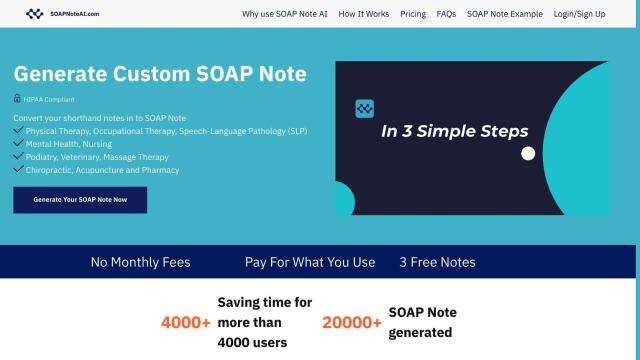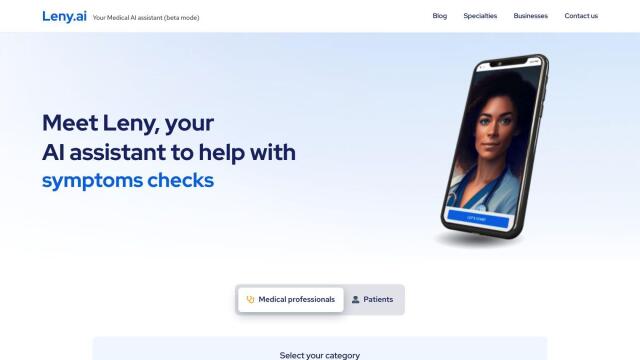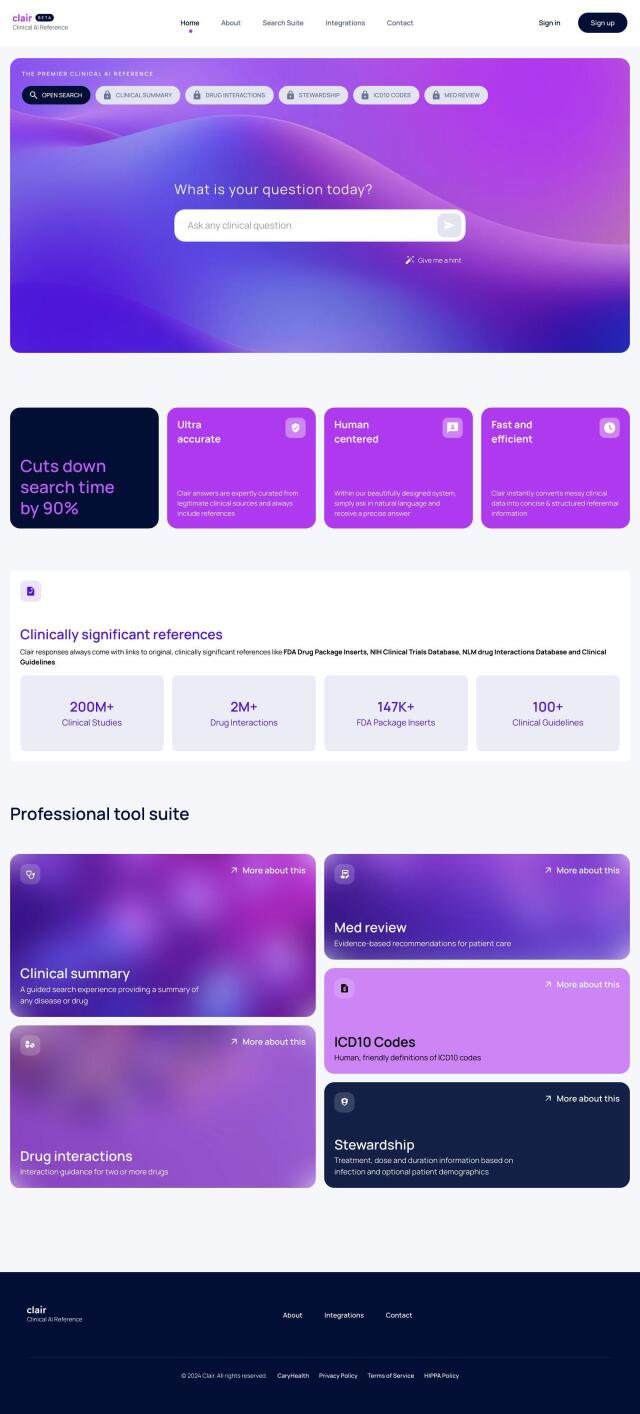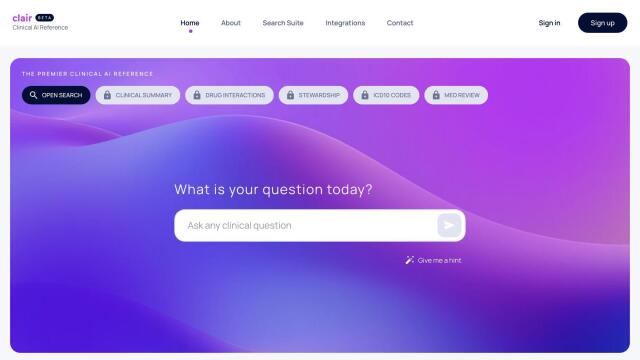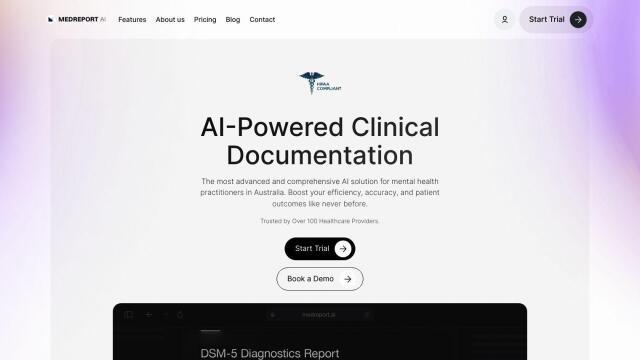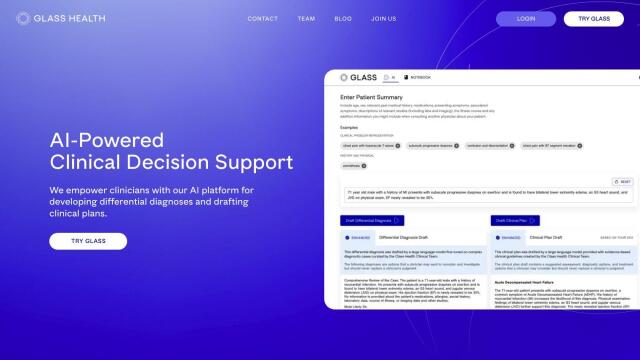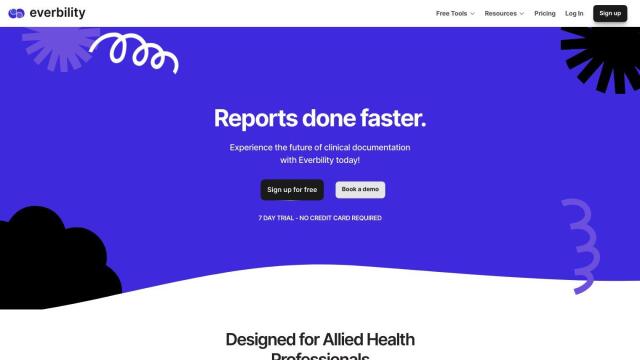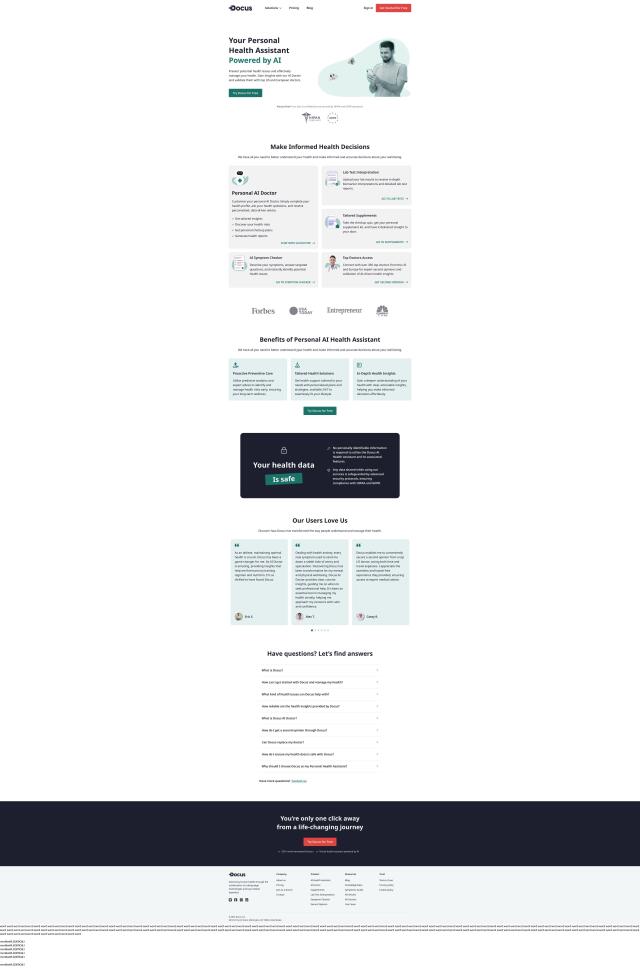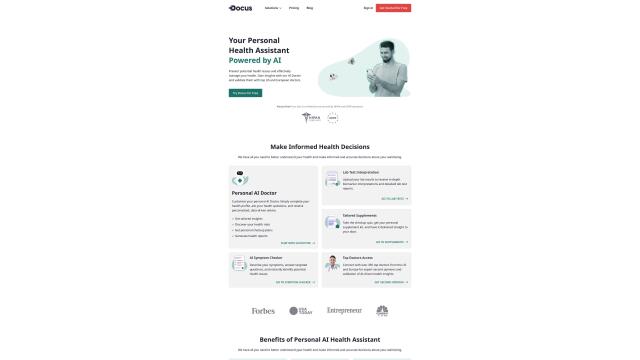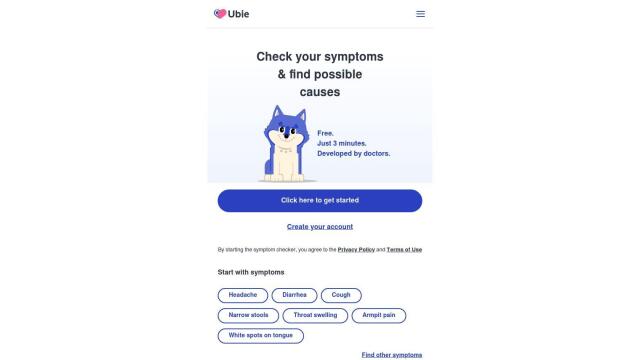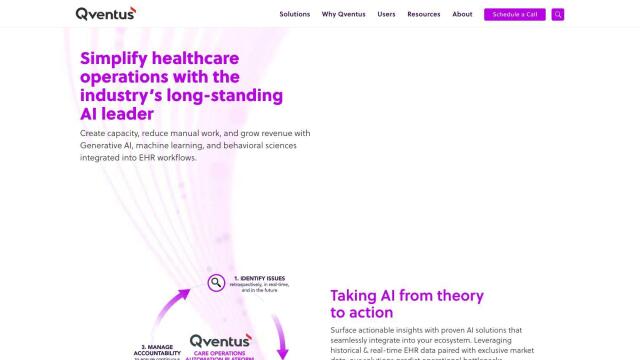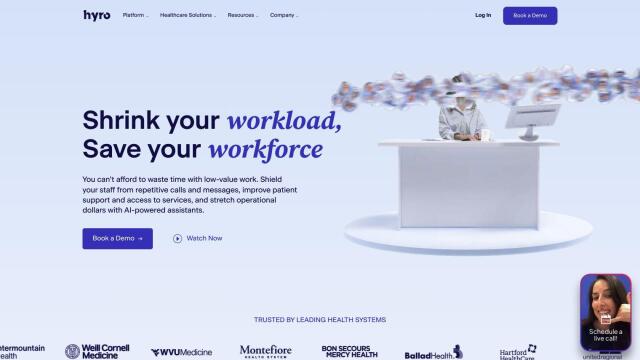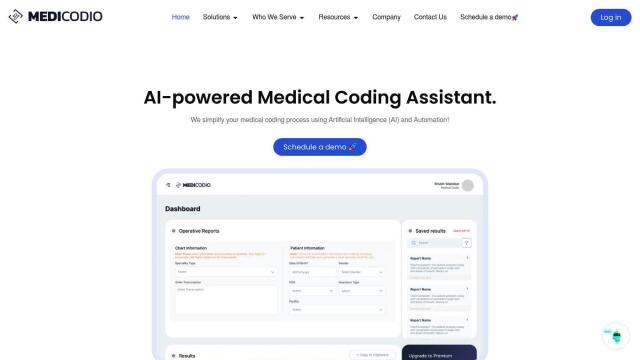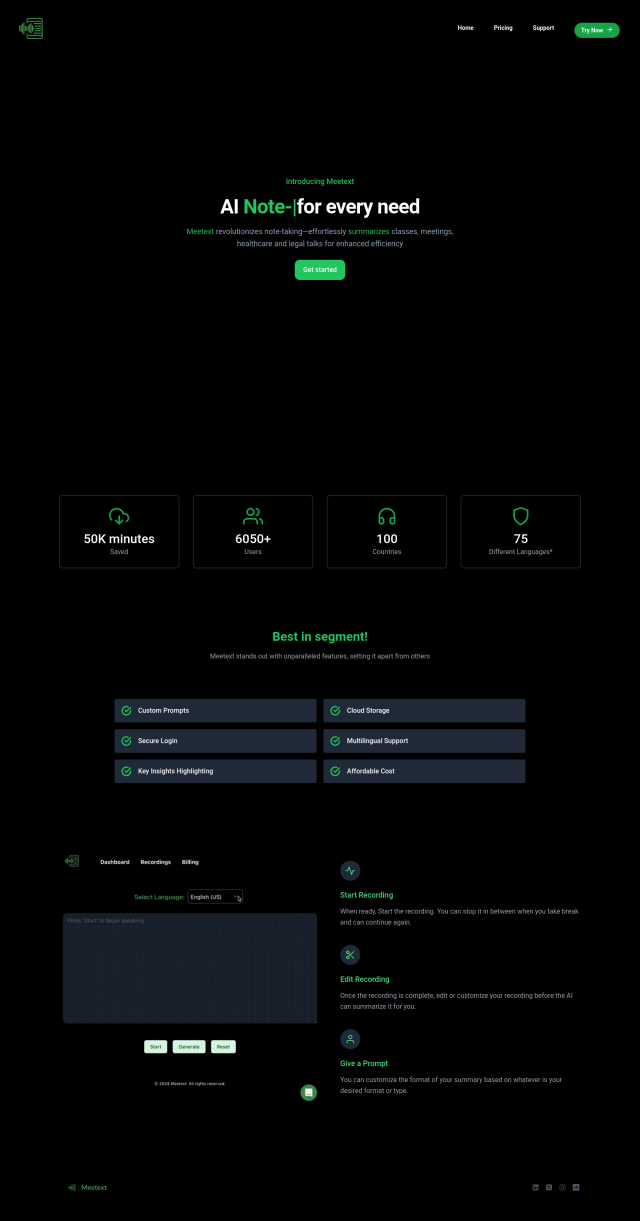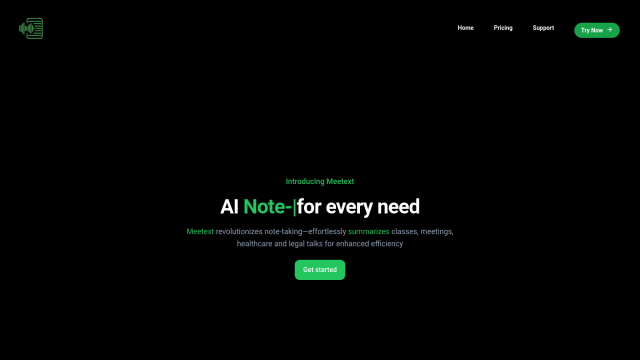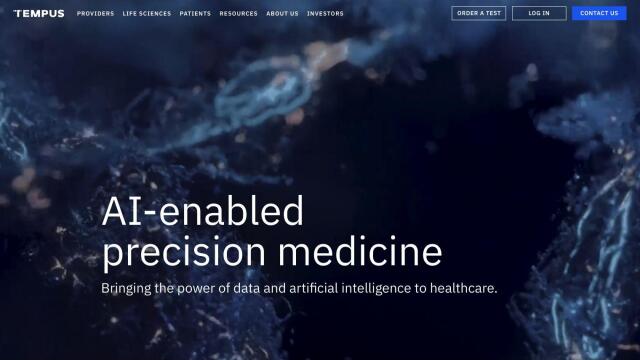Question: Is there a tool that can help me quickly access and review patient medical records before appointments?

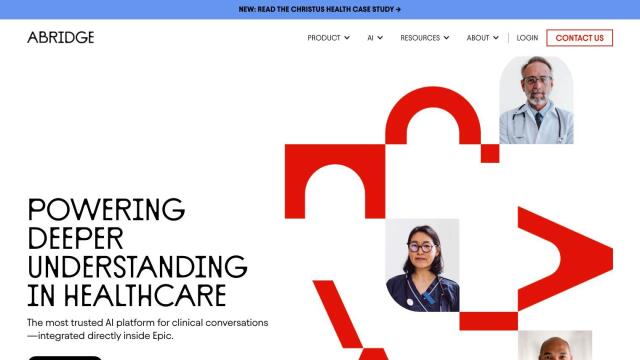
Abridge
If you want a tool to get a quick look at a patient's medical history and review it before an appointment, Abridge could be a good fit. This generative AI platform converts clinical conversations into structured notes that are built directly into Epic systems. It can create notes in multiple languages and can provide clinically validated summaries for more than 50 specialties. With verifiable notes and HIPAA compliance, Abridge aims to ease documentation burdens and let clinicians have a better work-life balance.

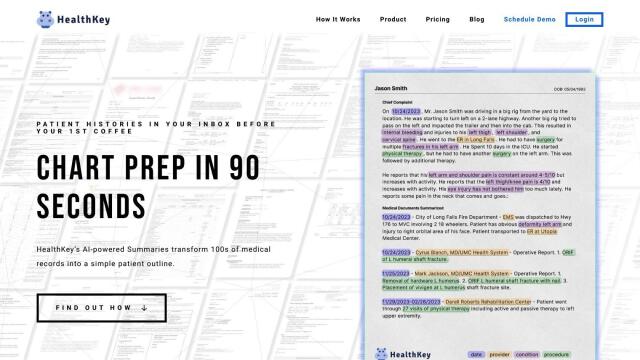
HealthKey
Another good option is HealthKey. This AI system rapidly organizes patient records into a single profile view, with patient timelines and the ability to engage directly with charts. HealthKey also can create charts automatically in 90 seconds or less, helping you quickly get up to speed on patient histories. By providing a patient history in two clicks, HealthKey hopes to improve patient satisfaction and care outcomes.

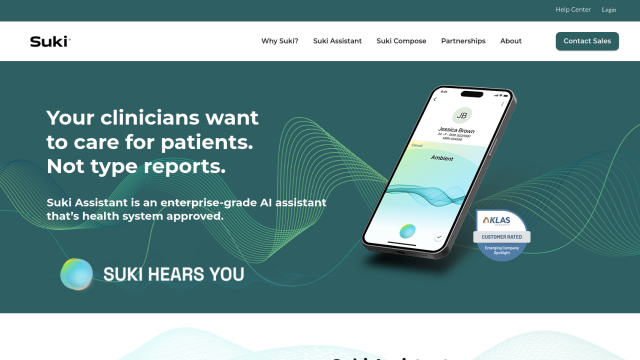
Suki
If you want an AI voice assistant, Suki could be a good option. Suki automates clinical work with features like ambient note generation, dictation and question answering. It can connect to major EHR systems and has data protection with HIPAA and SOC2 Type 2 standards. That can free clinicians to spend more time on patients and less time on paperwork.

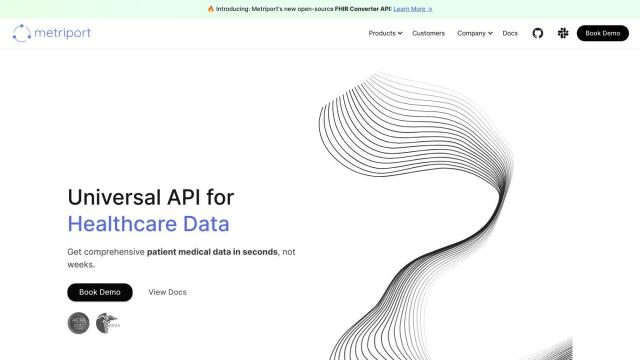
Metriport
Last, Metriport offers an open-source API that can help you handle patient data. It can connect to several health information networks and handle different data formats. Metriport's provider dashboard and FHIR converter provide access to patient data while maintaining security. That could be useful if you need a customizable, secure way to handle patient medical records.
